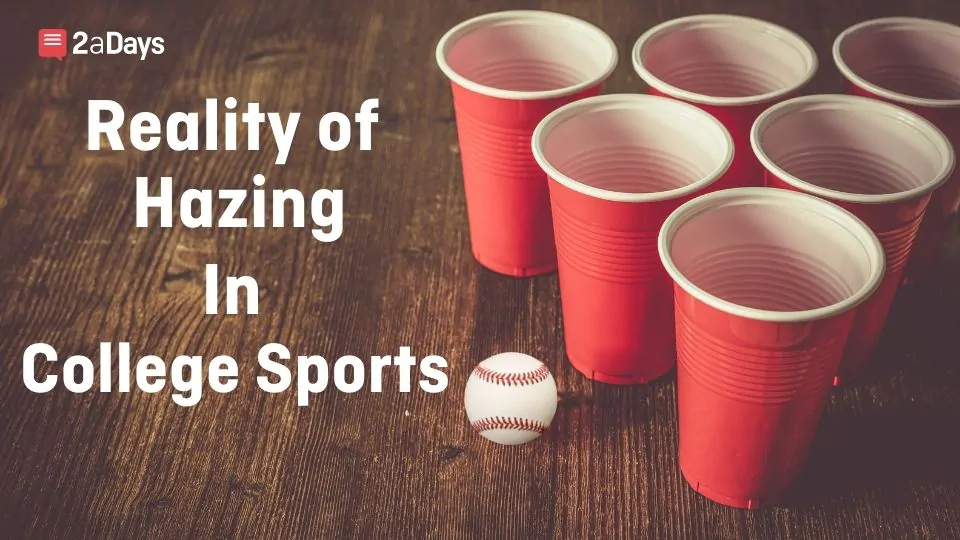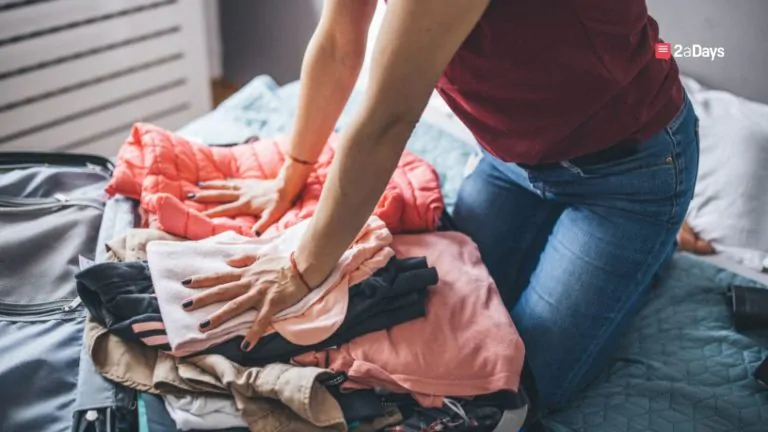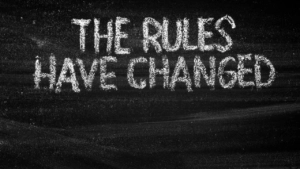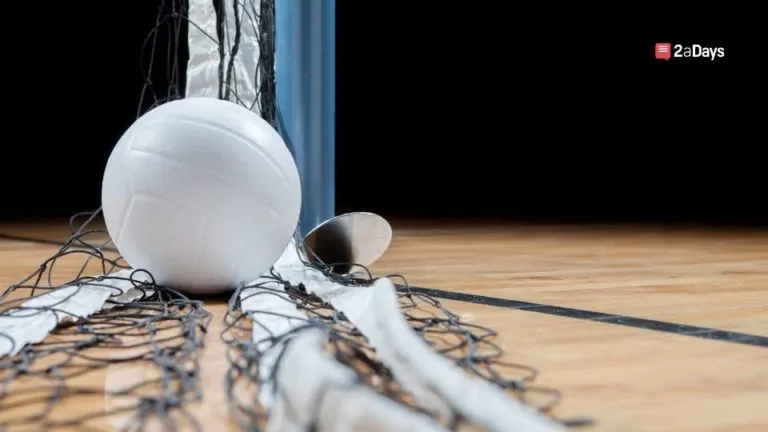It's way too common to hear stories about fraternities or sororities taking hazing too far and leading to severe and even deadly consequences, but did you know that similar environments exist on college athletic teams? Often the excuse for hazing seems to direct the attention to a bonding activity that brings the team closer together through adversity, but the effects of hazing are much more dangerous. It can lead to lower team cohesion, injuries, and make reaching academic and athletic goals improbable.
The NCAA defines hazing as “any act committed against someone joining or becoming a member or maintaining membership in any organization that is humiliating, intimidating or demeaning, or endangers the health and safety of the person. Hazing includes active or passive participation in such acts and occurs regardless of the willingness to participate in the activities. Hazing creates an environment/climate in which dignity and respect are absent.”
Related: We Need To Talk About Male Athletes' Mental Health
In a national survey, the NCAA found that 74% of student-athletes reported experiencing hazing at some point in college. Considering there are more than 460,000 student-athletes in the NCAA alone, that's 340,400 student-athletes who are potential victims of hazing. It is most common that these hazing activities often involve the overconsumption of alcohol, which has proven to be deadly on numerous occasions around the country. In the same survey, 23% of student-athletes reported having over consumed alcohol to the point of getting sick or falling unconscious. Although the “goal” of these activities is to bring the team closer, 69% of student-athletes disagreed, saying the hazing did not make them feel closer as a group.
We often hear about the worst-case scenario in the news, when someone tragically dies due to hazing. While death is the worst and most horrible outcome, far more examples of less severe cases often go unreported or are brushed under the rug. Some of these consequences include physical, emotional, or mental instability, a decline in grades, sleep deprivation, and loss of control and trust, all of which have significant effects on performance in sports and well-being in general. Getting enough sleep and maintaining good mental health are often the most critical aspects of success in sports. Losing trust in teammates and the program can also be incredibly costly to the success as an individual and as a team. And no one wants to play for a team they do not enjoy being around!
Related: Importance of Sleep as an Athlete
So how do we fix this? In a word: accountability. Initiatives against hazing need to be implemented in all colleges that offer any sports program. These must be based on policy, education, and reporting, and staff, coaches, and student-athletes need to work together to create an environment for athletes to bond as a team safely, as having options can be the best antidote to hazing. For example, according to the University of Michigan, teams are less likely to be inclined to haze if given a healthier alternative. Teams also need to be educated on the definition of hazing, how it happens, the consequences, and how to avoid it. Finally, because it is almost impossible to rule out the possibility of hazing at college completely, student-athletes should be given information about the jurisdiction and reporting processes the school provides.
Being a student-athlete is a fantastic opportunity for those getting an education and being a part of their favorite sports with a team. However, this opportunity yields the possibility of bullying and hazing among team sports, and the consequences of hazing can be detrimental for student-athletes. Therefore, all athletes should ask their coaches about what they are doing to prevent hazing. And you can take the reins as well– it is also essential to call out hazing and report it to create a safe environment to succeed on the field.
End: Have an idea for a story or a question you need answered? Want to set up an interview with us? Email us at [email protected]
Instagram: @mary.e.archibald
Twitter: @MaryArc28796105LinkedIn:LinkedIn
* Originally published on April 19, 2022, by Mary Archibald







